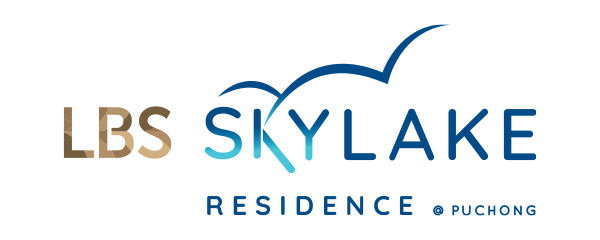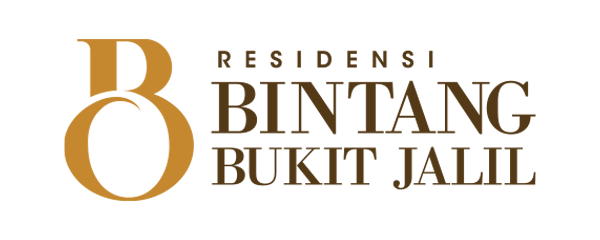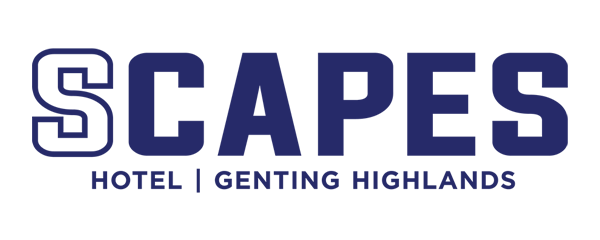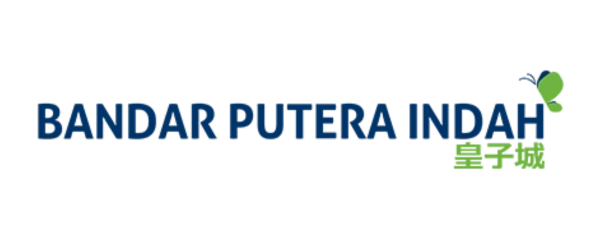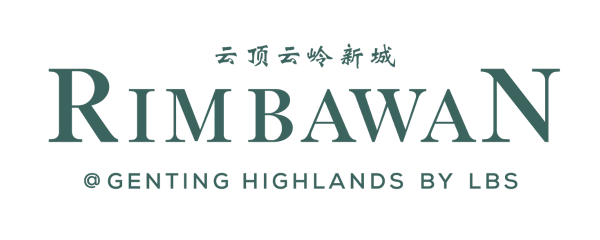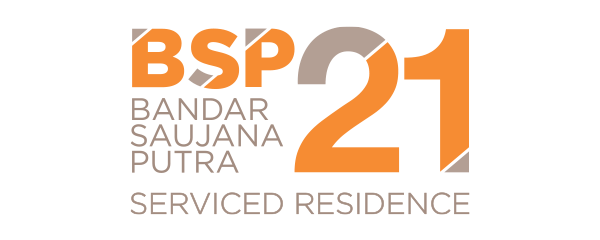New Launch – KITA Sejati
Mannju
on
September 29, 2022
KITA Sejati kini dibuka untuk jualan!
Pangsapuri perkhidmatan seluas 602 dan 850 kaki persegi ini lengkap dengan pelbagai fasiliti di lokasi yang berdekatan dengan Cyberjaya, menawarkan kemudahan harian untuk anda.
Dengan bayaran tempahan yang rendah dan pelbagai promosi istimewa, jangan lepaskan peluang untuk mendapatkan rumah impian anda!
Layari https://virtualfair.lbs.com.my/ untuk maklumat lanjut!

KITA @ Cybersouth Project Interview with Sinar Harian
Mannju
on
September 29, 2022
LBS Group Managing Director and Chief Executive Officer, Datuk Wira Joey Lim had an interview with the media from Sinar Harian on 28th September 2022. Datuk Wira Joey shared about the KITA @ Cybersouth Project and the project pipeline.


Bigger Is Better?
Mannju
on
September 29, 2022

‘Bigger is better.’ Well, that’s not always the case, no pun intended. A small area need not mean that it can’t stand out among the rest, it’s more of how you make the most out of the landscape that you have your hands on, be it the living room, yard or even the entrance to your home sweet home. We always imagine the home of our dreams to be mansion-ish or built like a huge castle but how can smaller homes be the more ideal option for you and me?
‘With great power comes great responsibility.’ Same goes with a large home, it will be more expensive to buy and/or rent and most definitely significantly less cost-effective to maintain. Just imagine all the monthly expenses that you get to cut down on when you have lesser square feet in your house. Water, electricity and even maintenance and utilities fee, you will use much less of all these when you have a compact home! Same goes with mortgages, a smaller house will be more affordable and you will definitely see the savings in the long run.
Massive homes mean an abundance of space but sometimes one will hardly ever require all that space, and the most used area is really just a tiny portion as compared to the whole area available. So, when you buy a house with spaces that you are certain that you will definitely use and no more extra space to store up unnecessary materials, it will set you on a pathway to start decluttering. Minimalism brings about multiple benefits, there’s less to maintain, things are easier to find and everything you need is at your fingertip. All these are made better when you have a smaller home.
LBS is all about sustainability today, from the houses that we build to the offices that we work in. Reducing carbon footprints has been a mission that we have been on for a while now, and we spend most of our time in our very own homes. Living in a huge house equates to consuming more resources. A smaller home needs less water and electricity to keep it clean and during a hot day when we turn on our AC, a smaller home will be easier to cool down! All of these will not only help you save some ringgits but also save our earth!
Big spaces mean more space to renovate. Love revamping the place you live once in a while? With a smaller home the desire to renovate or execute a huge project can be made possible without burning a hole in your pocket. The downtime for your house is also shorter as projects for small homes are generally faster to complete as compared to larger homes. Cleaning after is also a breeze too.
Don’t get us wrong, we have just the same love for big homes but small homes will always have that special place in our hearts thanks to its convenience and affordability! Many people will even make the move from large houses to a much smaller one after their retirement and the reason is clear! From double storey to single storey, from Semi-Ds to condos, smaller homes give you that flexibility in life especially when you are an individual that is always out and about. Find the right home for you today with us and you may even drive home an Axia, how so?
Learn more here: https://virtualfair.lbs.com.my/
Housing loan checklist: Non-standard documents you need to know
Mannju
on
September 29, 2022
Applying for a housing loan is a lengthier process for a self-employed or freelancer in Malaysia. However, it doesn’t necessarily mean it’s difficult, especially when you have all the non-standard documents ready!

When it comes to personal finance, most freelancers in Malaysia might begrudge their civil servant friends and families. We all know how easy it is for them to get a loan. For those of us without regular employment, filling our taxes, getting insurance, and applying for a home loan is a much lengthier process. However, being a lengthier process doesn’t necessarily mean it’s difficult. If you are well-prepared and have all the non-standard documents ready, you are well on your way to owning your first home.
Can I Get A Home Loan Without Property Documents
It is impossible to get a housing loan without proof of income as your income stability and repayment capability isn’t guaranteed. If you are a civil servant, regular-employed, or salaried person, preparing the documents required for a home loan application is fairly easy. However, someone who is self-employed may not have the same basic documents.
Here are a few examples of jobs that fall under the self-employed category:
- Hawkers, daily wage workers, online traders
- Gig economy workers (Grab, Foodpanda, Lalamove)
- Personal tutors
- Event organisers
- Freelancers (photographers, designers, writers, fitness trainers, etc.)
- Authors
- Musicians
- Small entrepreneurs
When you fall under the category above, you can still get a home loan. However, the self-employed documents for a home loan are slightly different.
What documents are required for home loan approval
Below are the standard documents a person needs to submit to ensure a smooth housing loan application process:
- Payslips
One of the most important documents in proving a person’s home loan. - Employees’ Provident Fund (EPF) statements
A great way to prove the level and stability of your income. - Bank statements
Proof that you are indeed being paid your salary. - Copy of MyKad
Required for almost any housing loan application as a Malaysian citizen.
As you might see, a self-employed person might have problems providing the first two documents on the list above. This is why a housing loan for the self-employed in Malaysia requires some non-standard documents for approval.
Housing Loan Documents Checklist Malaysia: 7 Non-Standard Documents Required For Home Loan Application

Unlike salaried people, self-employed do not have a regular payslip. Banks will review your financial stability before approving your housing loan application. As a self-employed person, banks may perceive your income as ‘unpredictable’ when it to comes to committing to the monthly repayments. However, here are 7 non-standard documents you can provide to prove your income and financial health:
1. Business registration
This is an important document to have, even if your business is small or you are a one-person freelancer. Having a registered business boosts your client’s confidence in dealing with you, and it appears more professional too. Furthermore, the date of registration will be considered very important to the bank. It will justify the sustainability of the business.
2. Business profile
This is important so that banks can identify the nature of your business. Even a simple website or official Facebook, Instagram, or LinkedIn page will be sufficient.
3. Financial records of past years’ income, tax return statement, balance sheet
You have a higher chance of getting your housing loan application approved if you can provide an organised financial record of previous years’ income, tax return, profit and loss statement, and balance sheet.
Here’s a simple checklist of what you can do:
- Make sure that your business is registered with the Companies Commission Of Malaysia/ Suruhanjaya Syarikat Malaysia (SSM)
- Keep all statements, documents, and licenses related to your business
- Label all folders according to the latest dates or assessment year. This will make it easier for you to provide your proof of income when asked by the bank.
4. Income tax statements
A lot of the self-employed or freelancers in Malaysia may not declare their earnings to the Inland Revenue Board of Malaysia (IRBM) or LHDN. However, having the last three years of your income tax statements on record goes a long way in helping you get your home loan approved.
If you are required to pay income tax, it normally means your annual earning exceeds RM34,000 (after EPF deduction) or you earn income from a business (through gains or business profits). This is the sort of income stability that banks prefer to see.
5. Bank statements
For regular-employed applicants, bank statements serve as proof that they are indeed being paid their salary. For those who are self-employed or are freelancers in Malaysia, bank statements show that actual business income and profit are generated.
6. Savings
From the banks’ perspective, savings are the best way to justify and show your steady stream of income, which leads to your accumulated savings. If you aren’t able to show your savings record, it’ll be hard to justify the stability of your business.
7. Credit score report
Banks or financial institutions in Malaysia have their method of evaluating your credit score. As credit score indicates a consumer’s credit risk, banks will refer to two popular credit reports, CCRIS and CTOS to assist their evaluation. A good credit score will make you a more attractive candidate for a loan. With a good credit score, you can even get better home loan interest rates and even quicker loan approval.
Other Tricks That Can Help You Get A Home Loan

The following can also help you get housing loan approval:
1. Get a guarantor
A credible guarantor must be someone who has a strong financial background. It can be anyone; your family members, relatives, and even close friends. This person will be evaluated based on his or her income stability, employment background, as well as a credit score to minimise your risks and liabilities as a self-employed person.
2. Apply for a home loan with banks that lend to self-employed borrowers
Banks are very ‘picky’ when approving an application. Before applying for a housing loan, take your time to research banks that approve loans for self-employed individuals and find out the interest rate on house loans for each bank. Here are some of the banks that offer home financing for self-employed applicants:
- CIMB Property Financing
- Bank Rakyat Home Financing-I
- HSBC Ideal Home Plan
3. Housing Credit Guarantee Scheme (HCGC)
During the tabling of Budget 2022, the Government has allocated RM2 billion under the Housing Credit Guarantee Scheme (HCGC). This was to help those without proof of fixed income. The Government is cognisant of the challenges facing gig workers, small business owners, and farmers in getting a housing loan.
In reality, many of these individuals have the capacity of repaying their loans but without documents proving of fixed income, the process of applying for a home loan is difficult. This initiative will not only benefit potential house buyers but also accelerate the growth of the local property market. So far, BSN MyHome (Program Perumahan Rakyat) 2021 is one of the housing schemes.
Edited by Rebecca Hani Romeli
Terms of Reference of Sustainability Committee
Mannju
on
September 20, 2022
1. Objective
The principal objective of the Sustainability Committee (“Committee”) is to assist the Board of Directors of LBS Bina Group Berhad (“LBS” or “Company”) in fulfilling its oversight responsibilities in relation to the sustainability strategy and initiatives covering economic, environmental, social and governance (ESSG) aspect as well as embedding sustainability practices into the businesses of the Company and its subsidiaries (“Group”).
2. Members
(a) The Sustainability Committee shall be appointed by the Board and shall comprise at least 3 members.
(b) The members of the Committee shall elect a Chairman from among their number.
(c) In the event of any vacancy in the Committee resulting in the number of members being reduced to below 3, the Board shall, within one (1) month fill the vacancy.
(d) The Board shall have the discretion as it deems fit to rescind and/or revoke the appointment of any person(s) in the Committee.
3. Meeting
(a) The quorum for meeting of the Committee shall be three (3).
(b) Meetings shall be held as and when appropriate, but shall not less than once in a calendar year.
(c) Meetings of the Committee shall be summoned by the Secretary of the Committee at the request of any member thereof. Notice of each meeting confirming the venue, time and date together with an agenda of items to be discussed, shall be forwarded to each member of the Committee not less than three (3) working days prior to the date of the meeting.
(d) A resolution in writing signed by a majority of the Committee Members for the time being shall be as valid and effectual as if it had been passed at a Meeting of the Committee duly called and constituted. Any such resolution may consist of several documents in like form each signed by one (1) or more Committee Members. Any such document, may be accepted as sufficiently signed by a Committee Member if transmitted to Company by telex, telegram, cable, facsimile or other electrical or digital written message purporting to include a signature of a Committee Member.
(e) The Company Secretary shall be the Secretary of the Committee.
(f) The Committee is authorised to call any employee to attend at a meeting of the Committee as and when required.
4. Reporting Procedures
(a) The Secretary shall circulate the minutes of meetings of the Committee to all members of the Committee. Minutes of each meeting shall be duly entered in the book provided therefor.
(b) The Chairman shall report the proceedings of each meeting to the Board.
5. Authority
(a) The Committee is authorized by the Board to undertake the specific duties and responsibilities stated below. The Committee is also authorized to obtain external legal or other independent professional advice, as it considers necessary.
(b) The Committee may sub-delegate any of its powers and authority as it thinks fit, including, without limitation the establishment of sub-committees to analyse particular issues or themes and to report back to the Committee.
6. Duties and Responsibilities
The Committee has the overall responsibility for overseeing the requirements for the Group to conduct its business in a responsible manner in relation to its impact to the environment, economic, social and governance aspects:-
(a) To advise the Board and recommending the sustainability strategies and related policies for adoption and the implementation of such strategies and policies;
(b) To monitor the implementation of processes, standards, measures and actions designed in achieving the organisation’s sustainability milestones and goals;
(c) Monitoring the adequacy of resource allocated in achieving compliance with strategies, targets, policies and roadmaps pertaining to sustainability;
(d) Monitoring the overall management of stakeholder engagement and its outcomes, including ensuring mechanisms for sustainability-related grievances are in place;
(e) Assisting the Board members to keep abreast with and understand the sustainability issues relevant to the Group and its business, including but not limited to climate-related risks and opportunities; and
(f) Assessing, reviewing and recommending to the Board for approval the Company’s annual sustainability report/statement.
7. Review
This Terms of Reference has been endorsed by the Board of Directors and is made available for reference on Company’s corporate website and internal computer networking system. It shall be reviewed by the Board of Directors and update whenever necessary to ensure its effective implementation.
Internal Audit Charter
Mannju
on
September 20, 2022
1. Mission
To add value to the overall organisational performance and independently ascertain whether the on-going processes for controlling operations throughout LBS Bina Group Berhad (“LBGB” or “Company”) and its subsidiaries (collectively referred to “Group”) are adequately designed and functioning in an effective manner.
2. Objective
To provide independent and objective assessment and assurance that the Group’s risk management, internal controls and governance processes are operating effectively and efficiently.
3. Role and Scope of Activities
The role of Internal Audit is to assist the Board of Director, Audit Committee and Management to carry out their oversight responsibilities effectively in establishing cost-effective controls, assessing risks, recommending measures to mitigate those risks and assuring proper controls and governance processes. It also assists in the creation of shareholders’ confidence in the Company’s system of internal control.
The Internal Audit Function’s scope of activities is to ascertain, through selective testing, that the processes for controlling, as they have been designed and represented by Management, are adequate and functioning in an effective manner to ensure:
- resources are adequately protected;
- significant financial, managerial and operating information are accurate and reliable; and
- employees’ actions are in compliance with the LBGB’s policies, standards, procedures, and applicable laws and regulations.
4. Accountability
The Internal Audit Function, in the discharge of its duties, shall be accountable to the Audit Committee to:
- provide quarterly an assessment of the adequacy and effectiveness of the Group’s processes for controlling its activities;
- report significant issues related to the processes for controlling the activities of the Group and provide information concerning such issues through resolution; and
- periodically provide information on the status and results of the Internal Audit Plan.
5. Responsibility
The Internal Audit Function has responsibility to:
- develop an Annual Internal Audit Plan, based on significant exposures to loss or failure, and submit that plan to the Audit Committee for approval;
- consider the scope of work of External Auditors and regulatory examiners, as appropriate, for the purpose of providing optimal audit coverage to the Group;
- implement the Internal Audit Plan as approved by the Audit Committee;
- issue periodic reports to the Audit Committee summarising results of audit activities;
- maintain professional Internal Auditors with sufficient knowledge, skills and experience to meet the requirements of this Charter; and
- evaluate and assess controls coincident with the introduction of major changes to systems.
6. Authority
The Internal Auditors are authorised to:
- have unrestricted access to all of the Group’s functions, records, property, and personnel;
- have full and free access to the Audit Committee; and
- allocate resources, set frequencies, select subjects, determine scope of work,
and apply the techniques required to accomplish audit objectives.
The Internal Auditors are not authorised to:
- perform any operational duties for Group; and
- initiate or approve accounting transactions external to the Internal Audit Department.
7. Independence
To provide for the independence of the Internal Auditing Function, the Internal Audit will report to the Audit Committee.
8. Standards of Audit Practice
The Internal Audit Function shall meet the Standards for the Professional Practice of Internal Auditing, as adopted by the Institute of Internal Auditors.
9. Review of Internal Audit Charter
This Charter has been endorsed by the Audit Committee and is made available for reference on Company’s corporate website and internal computer networking system. It shall be reviewed by the Audit Committee and update whenever necessary to ensure its effective implementation. Any subsequent amendments to the Charter should only be approved by the Audit Committee.












